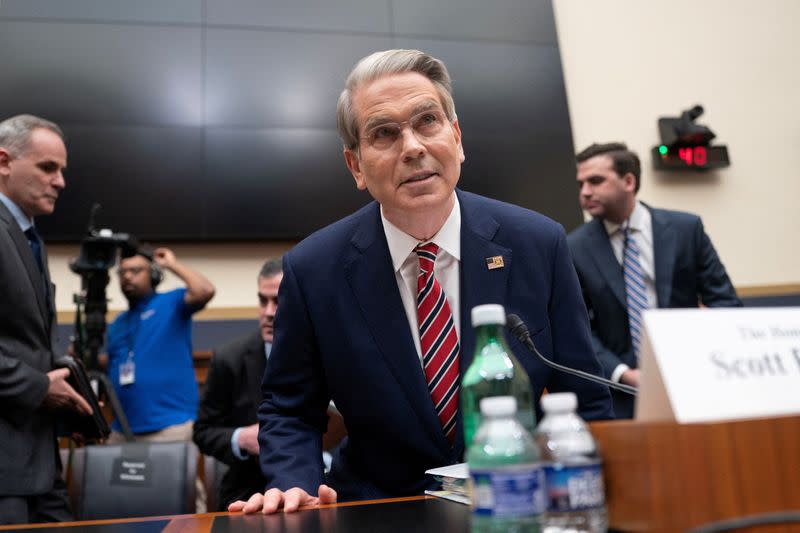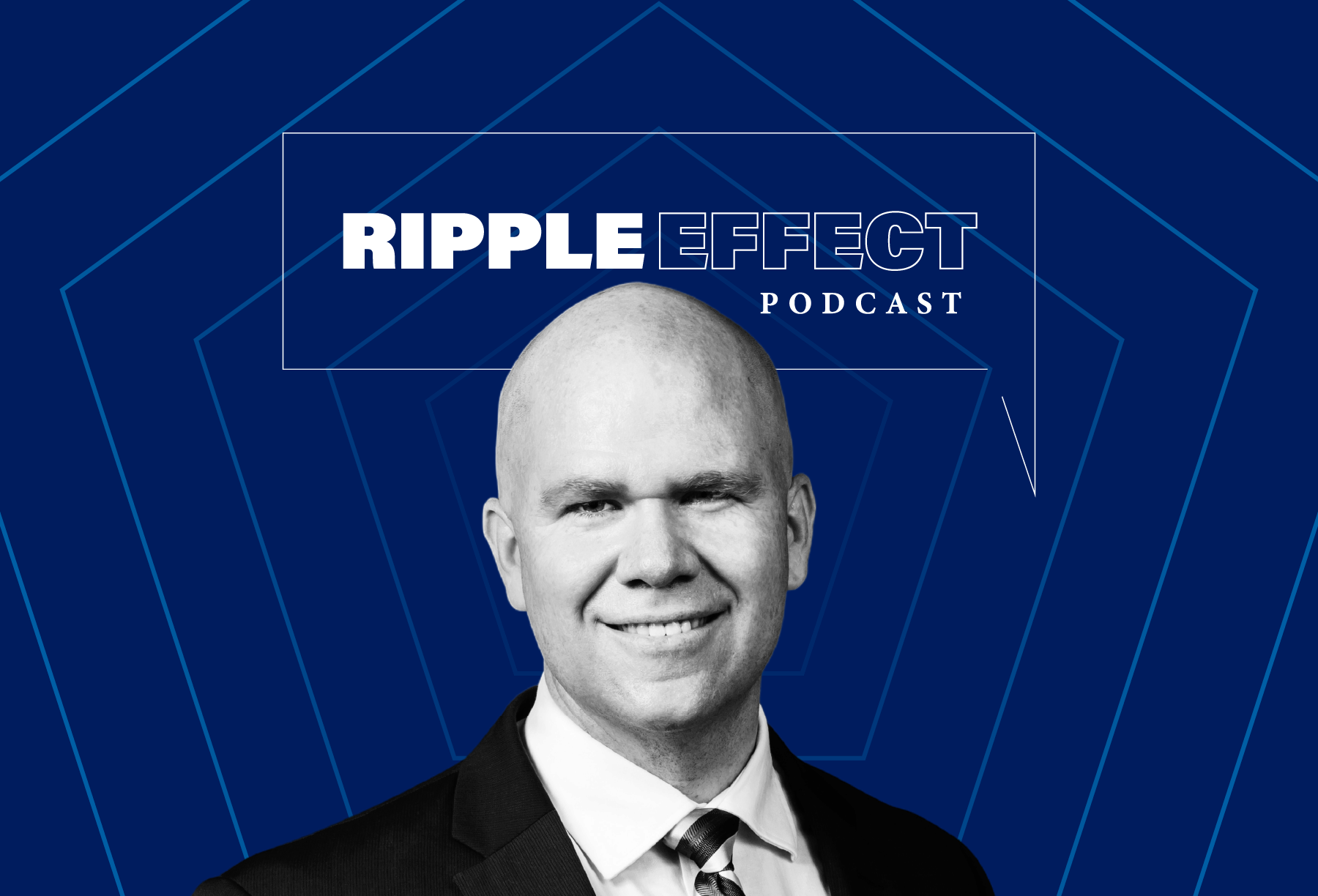U.S. Treasury Secretary Scott Bessent is set to make a significant mark at the upcoming Group of Seven (G7) finance leaders’ meeting in Canada, as he plans to shift the focus towards addressing trade imbalances and non-market economic practices. A spokesperson from the Treasury revealed this agenda on Sunday, ahead of the meeting, which will be held in the picturesque Rocky Mountain town of Banff, Alberta.
The G7, an influential group comprising Canada, the United States, Japan, Germany, France, Britain, and Italy, will see its finance ministers and central bank governors gather to discuss pressing global economic issues. This meeting is particularly noteworthy as it marks Bessent’s continued commitment to influencing the group’s direction since his first in-person attendance in April at the sidelines of the International Monetary Fund (IMF) and World Bank meetings.
Aiming to Re-privatize the Economy
In addition to addressing trade imbalances, Bessent is also expected to advocate for policies that would foster growth led by the private sector. He has been vocal about his intent to “re-privatize” the U.S. economy, a move intended to reduce reliance on government spending and regulation. Bessent argues that the country’s economic growth has been overly dependent on the public sector, and a shift towards private sector leadership could bolster economic resilience.
Bessent’s Stance on International Economic Practices
Bessent’s agenda at the G7 meeting includes a call to refocus on core economic issues, specifically targeting imbalances and non-market practices within both G7 and non-G7 countries. Without naming specific nations, the Treasury spokesperson highlighted Bessent’s aim to mitigate the spillover effects of non-market practices into economies that adhere to market principles.
A key area of concern for Bessent is China’s state-driven economic policies. He has been a consistent critic of China’s model, which he argues is unsustainable and detrimental not only to China but to the global economy. In a speech dated April 23, Bessent remarked, “China’s current economic model is built on exporting its way out of its economic troubles. It’s an unsustainable model that is not only harming China but the entire world.”
Engagement with G7 Leaders
The G7 meeting provides an opportunity for Bessent to discuss these issues with his counterparts, including ways to generate more private sector-driven growth. This dialogue is crucial as it comes amidst ongoing global economic challenges and tensions, particularly those related to trade disputes.
The meeting will be chaired by Canadian Finance Minister Francois-Philippe Champagne, who previously noted the unity within the G7 on many issues despite tensions, such as those arising from former President Trump’s tariff policies. Champagne also emphasized the G7’s welcoming of Bessent’s commitment to supporting the IMF and World Bank, alongside urging these institutions to focus on their core missions of economic stability and development.
Impact on Global Economic Policies
The discussions at the G7 are expected to shape the future of global economic policies, particularly in relation to market practices and trade balances. Bessent’s push for addressing non-market practices and advocating for a private sector-led growth model could influence the strategies adopted by the G7 countries.
As Bessent steps into this pivotal role at the G7, the outcomes of these discussions may have far-reaching implications for international economic relations and policies. The world will be watching to see how these deliberations unfold and the potential shifts in economic strategies that may follow.
Note: This article is inspired by content from https://www.yahoo.com/news/us-treasurys-bessent-attend-g7-162342526.html. It has been rephrased for originality. Images are credited to the original source.







